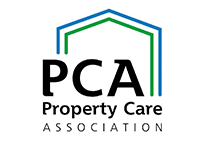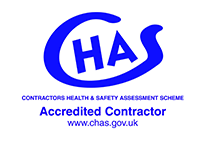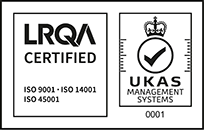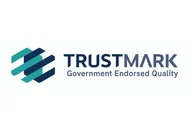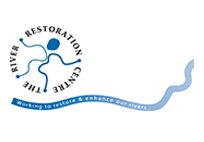Call us free on 0808 168 9540
Call us free on 0808 168 9540

Phlorum provides bird surveys, including barn owl and breeding wintering bird surveys across southern England, including Sussex, London, Surrey, Kent, Dorset, Hampshire and Wiltshire.
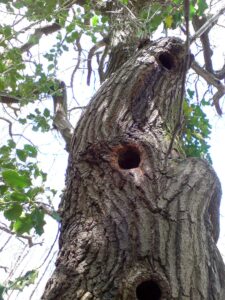
All birds, their nests and eggs are protected under the Wildlife and Countryside Act 1981 (as amended). Certain rare species (Schedule 1 birds) receive additional protection from disturbance while breeding.
Phlorum is highly experienced in wintering and breeding bird surveys and vantage point surveys. From these surveys, we will devise suitable mitigation strategies for various projects, including offering watching briefs and toolbox talks.
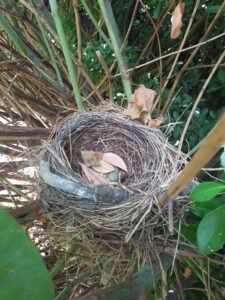
As all wild bird nests are protected and some birds are given extra protection. Bird surveys may be necessary depending on the potential impacts of development.
The range of bird surveys can include, but not be limited to:
Specialist surveys for certain types of birds, such as skylarks or birds of prey, can also be carried out. Breeding bird, wintering bird, and vantage point surveys often require several surveys over several months.
Birds surveys are normally valid for 18-24 months following the survey.
Normally a bird survey will start 30 mins before or after sunrise, and last a few hours. The surveyors will walk over a site or use vantage points. The survey should avoid rain and windy days. Normally six survey visits will be required over the season.
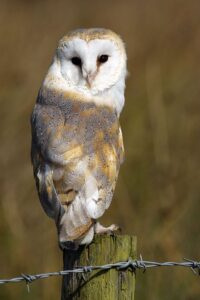
Barn owl numbers have significantly declined due to loss of nesting sites, loss of their hunting grounds and an increase in man-made hazards.
Barn owls are protected under Schedule 1 of the Wildlife and Countryside Act 1981, which protects the birds and their young. It is an offence to intentionally or recklessly disturb them.
As a result, they are protected from being killed or injured, or taking, destroying or damaging their nest, or taking or destroying their eggs. As a result, the buildings or trees they nest in are also protected. The typical life span of a barn owl is 4 years in the wild.
Barn owls mainly hunt small mammals over rough grassland. They eat their prey whole but regurgitate the bones and feathers. This means that barn owl pellets, which are about the size of an adult’s thumb, can be used to identify their presence in an area.
They generally hunt at dusk or dawn, relying primarily on sounds, but they also have good eyesight.
It is illegal to disturb a barn owl at or near its nest whist they are breeding.
A barn owl survey can involve the following:
Contact us for more information about our bird and barn owl surveys. We are happy to have a free, no-obligation chat to see how we can help.



